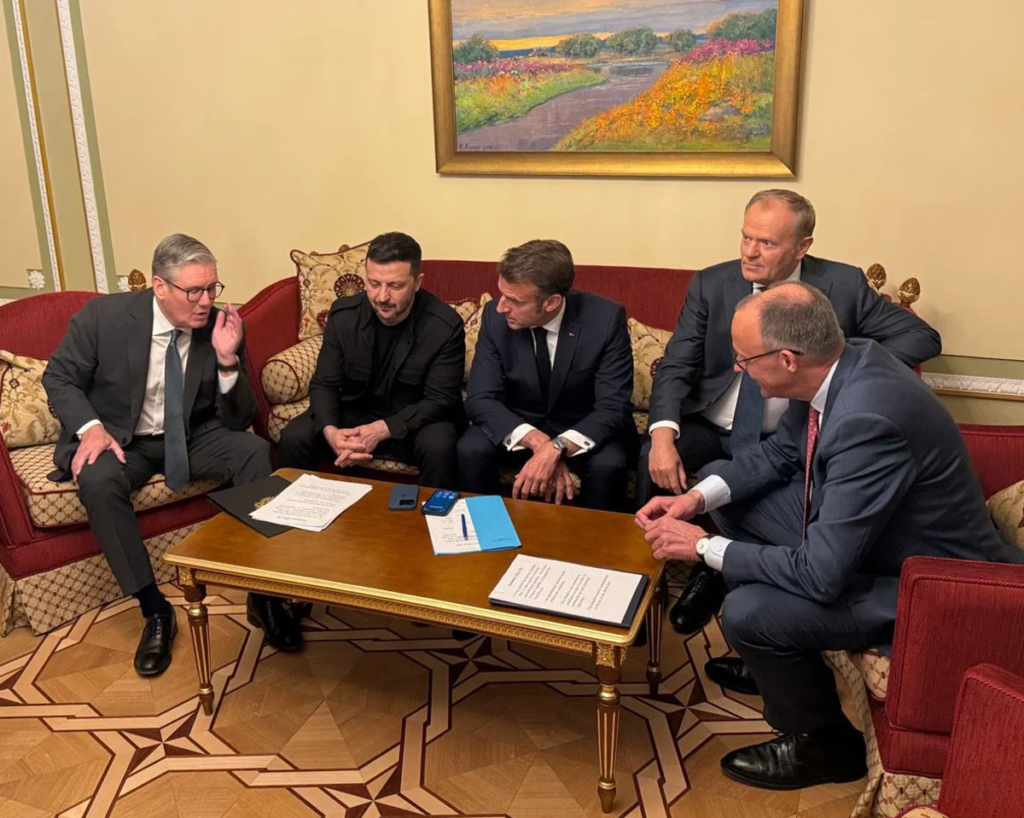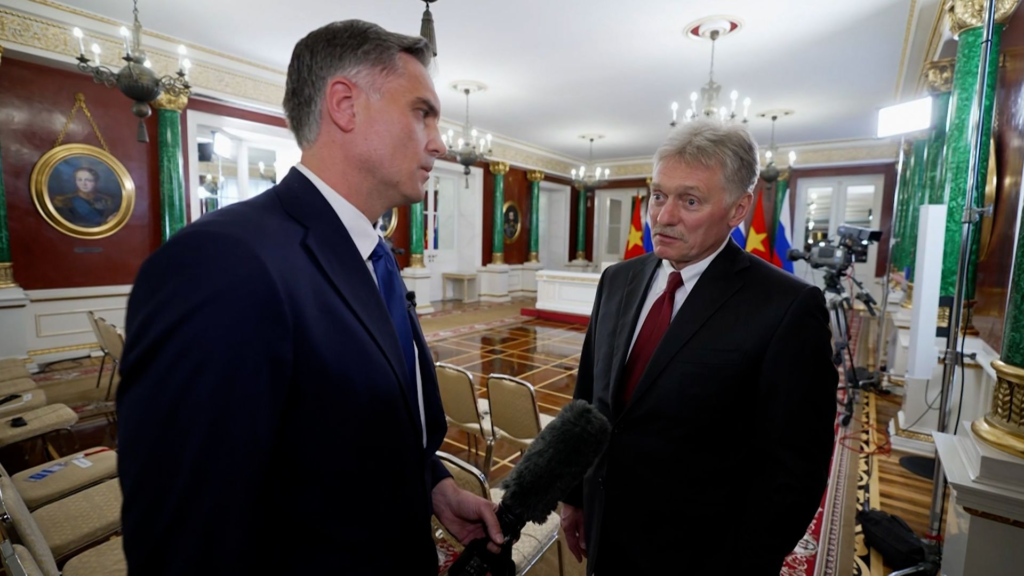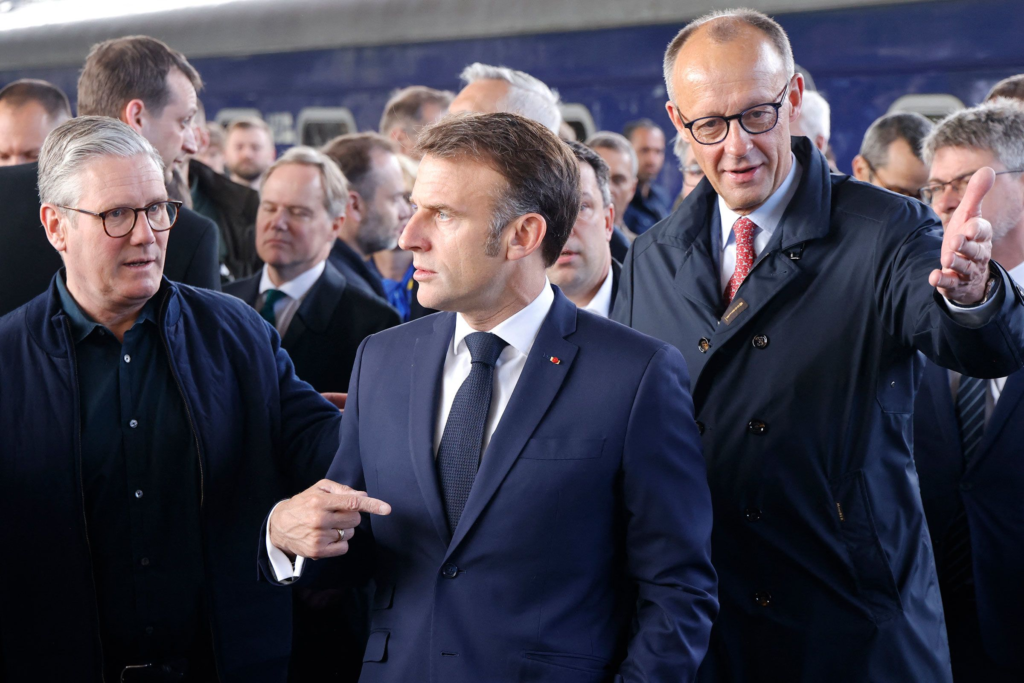Introduction
As diplomatic pressure mounts on Russia to consider a ceasefire in Ukraine, Kremlin spokesperson Dmitry Peskov has responded with a series of pointed remarks. In a statement to the media, Peskov acknowledged that Russia “feels” the growing insistence from European nations, but reaffirmed the Kremlin’s own terms for any peace negotiation. This blog explores the top 5 Kremlin reactions to Europe’s ceasefire push, shedding light on the complexities of the ongoing conflict.





1. Acknowledgment of European Pressure
During a recent press conference, Peskov admitted, “We feel it,” referring to the diplomatic and political pressure emanating from Europe. This rare admission indicates Moscow is not ignoring European outreach, but it also frames that pressure as external meddling. The phrase has since gained traction in global headlines.
2. Reaffirmation of Russia’s War Objectives
Despite acknowledging international calls for peace, the Kremlin made it clear that it will not deviate from its core military objectives. Peskov reiterated that the “special military operation” in Ukraine would continue until all Russian goals are met. This includes the demilitarization of Ukraine and the formal recognition of occupied territories.
3. Accusations of Western Hypocrisy
Peskov criticized European nations for what he described as “selective morality,” accusing the West of ignoring ceasefire opportunities in previous conflicts where their interests were involved. The Kremlin frequently uses this narrative to deflect criticism and paint NATO and the EU as biased actors.
4. Warning Against NATO Escalation
Russia issued a stern warning to NATO against further military involvement in Ukraine. Peskov suggested that continued weapons shipments and intelligence sharing could derail any chance of future negotiations. The Kremlin is positioning itself as the party open to talks—under its own strict conditions.
5. Strategic Use of Diplomacy for Propaganda
Experts suggest the Kremlin’s openness to “feeling” European pressure is partly performative, aimed at sowing division within the EU and portraying Russia as diplomatically reasonable. By doing so, Moscow attempts to shift blame for the war’s continuation onto Kyiv and its Western backers.
Conclusion
While the Kremlin’s recent statements may hint at diplomatic awareness, its overall stance remains firm and combative. The repeated emphasis on Russia’s terms for peace shows little indication of an imminent ceasefire. As Europe continues to push for a resolution, the coming months will reveal whether Moscow’s rhetoric leads to real negotiation or further entrenches the stalemate.
Want more updates on the Russia-Ukraine conflict? Check out our coverage of property seizures in Mariupol.









